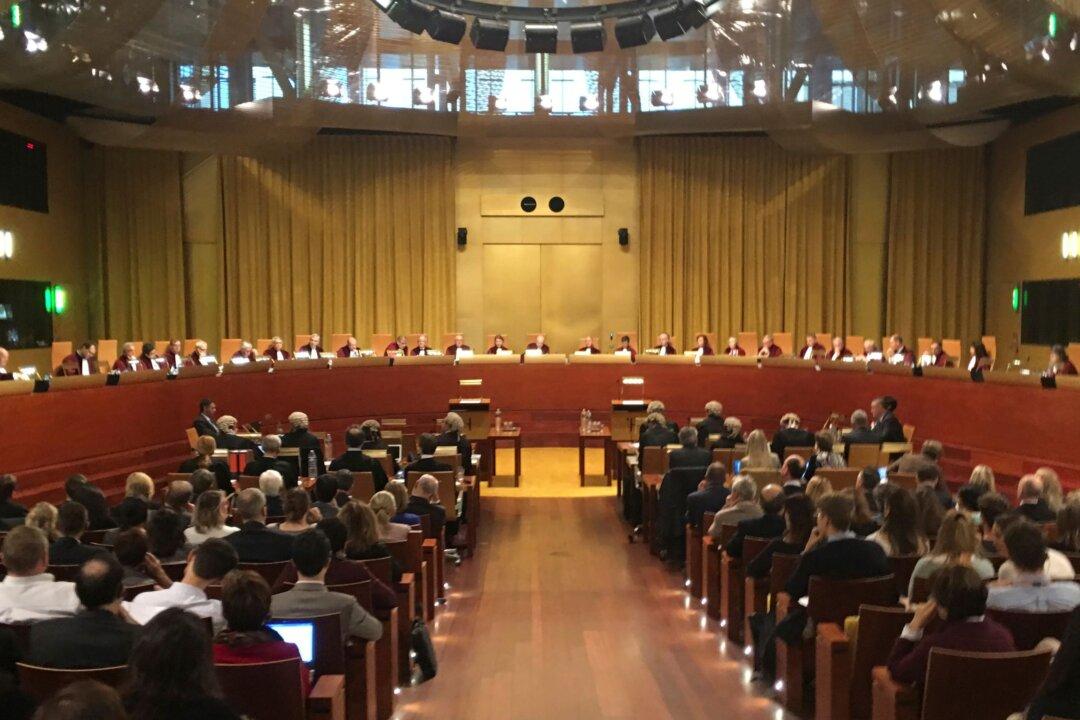BRUSSELS—The European Union’s highest court said Wednesday that the 27-nation bloc can suspend support payments to member states if they breach rule of law principles.
The right-wing governments of Hungary and Poland, which had challenged the EU’s right to take such action, responded by arguing that the rule lacked a proper legal basis and would fundamentally interfere with their running of national business.





